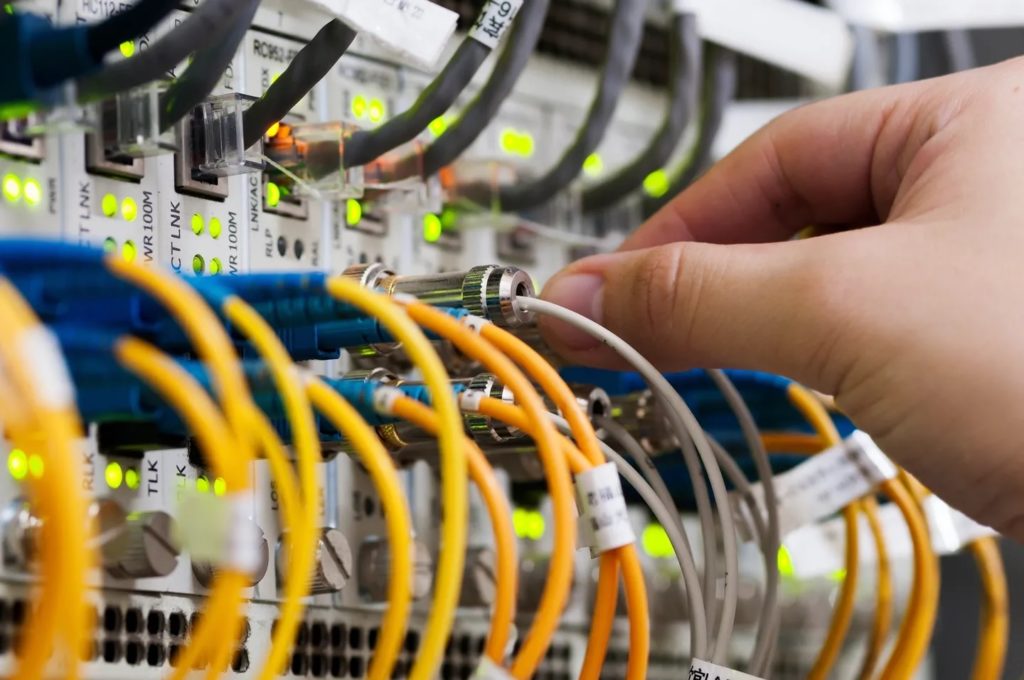Routers: What do they do?

Routers are complex devices that serve multiple purposes in establishing connections between devices in a network. The easiest way to explain this is by looking at the word route from which the word Router is derived. So at a very high level routers are networking devices that route network traffic from one place to the other.
In the other role they can serve as DHCP servers. DHCP stands for Dynamic Host Configuration Protocol. This Networking Protocol generates IP addresses for any IP enabled client device so that the device can connect to the network and be able to talk to other devices on the same network.
One of the other roles that a Router plays is of a Firewall. Just like the name suggests; In the real world Firewall is used to prevent any harm on the other side if a fire breaks out on one side. Firewall in Routers plays a similar role by protecting traffic on both sides from leaking out. Rules can be set up to allow certain traffic to flow through the wall.
Some modern Routers also come with builtin Switches and Access Points. These increase the functionality of the routers to enable more devices to be connected together without the need to purchase additional equipment. Switches enable more devices to be connected physically while Access Points allow wireless devices to be connected to the network using WiFi.
Routers can come in various sizes and the prices can range significantly depending on the needs. Someone like a Business Customer would want to invest in an expensive router that can handle all the traffic that is flowing through the network and that has a better firewall than the one that are found in common households.
Please feel free to check out the following link for detailed explanation on routers: Learn Cisco
Thanks for reading. Please comment below if you would like more clarification or want to know more about routers. They really are the backbone of any Network!
If you represent a Business and would like to discuss routers for your business please contact us through our contact page.

Recent Comments